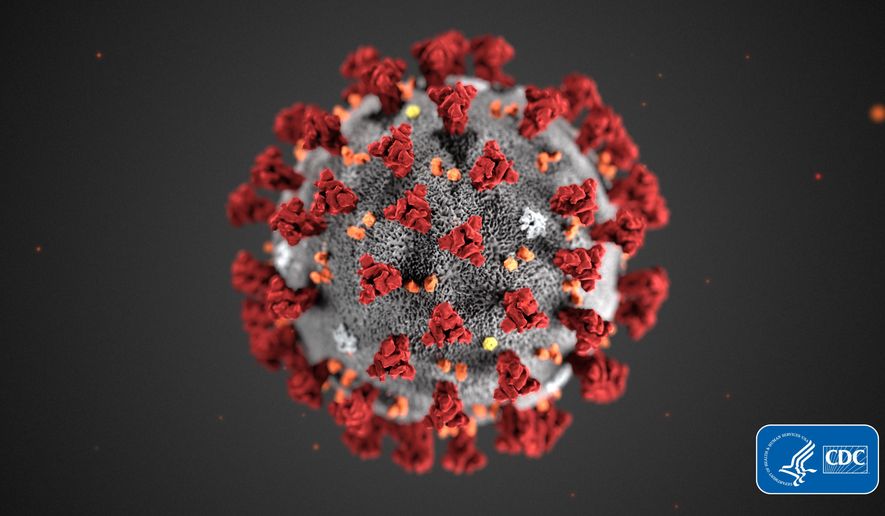OPINION:
Americans want to get back to work. What’s stopping them is unclear. President Donald J. Trump says he has the ultimate authority to restart the economy but the self-quarantine orders, travel restrictions and other limitations on mobility have all come from the governors and local elected officials.
Who’s right is going to be argued out over the next few weeks. No one expected the COVID-19 crisis to get as far as it has. We can blame the Chinese for that. If they’d been honest about what was going on in Wuhan, the rest of the world could have acted to contain the spread of the virus before we began to fear the health care system would be overloaded.
Now, probably months into the thing, we still don’t know what preparedness would have looked like. And we haven’t found the way out, meaning the American people have for the first time in several generations had to endure shortages of the kind typically found in socialist countries. Fortunately, we’ve been able to avoid rationing — America’s global supply chain is, after all, an incredibly resilient thing — but there’s no guarantee there won’t be in the future.
Which brings us back to the need to get America back to work. So many people sitting home, seemingly trapped by regulations issued by executive order and subject to change at any time, unable to attend worship, harassed by the police for exercising in public parks and on beaches, and in general placed in a position where the ability to exercise certain important constitutionally-protected rights is being infringed upon has everyone on edge. Recognizing this, the political class — including the president — is starting to appoint commissions to supervise the reopening of the economy.
To some, that may seem like a safety value. Who, after all, can quibble with the idea that an orderly reopening of the marketplace is in order? Well, plenty of people — including, we suspect, such economic luminaries as Friedrich Hayek, Milton Friedman and James Buchanan — Nobel laureates all — who warned repeatedly about the dangers associated with central planning.
If these commissions want to meet, declare America open for business once again, and immediately adjourn, they will have done their work. We don’t need people telling us when airports can reopen, which grocery stores need to be fully stocked, what the price of gasoline ought to be, or any of the other several thousand data points on which these so-called experts may feel qualified to make a judgment. The economy wasn’t shut down in an orderly fashion. We shouldn’t expect it to be reopened that way.
There are some things they can do while they’re waiting to make sure things don’t get worse in the future. There are some recommendations we’d like to see enacted as law to prevent them from sinking the economy in the future. One that springs immediately to mind is to indemnify doctors, hospitals and the companies that manufacture life-saving medical equipment from being held liable later if the rush to put people displaying the symptoms of COVID-19 onto ventilators causes health problems down the road. Absent proof of gross negligence or misconduct, no one should have to live in fear predatory trial lawyers will someday bring multi-million-dollar suits against them for providing what was deemed at the time to be the appropriate level of care.
Another project these commissions can take on is to continue to find red tape that needs to be cut. We’ll probably never know the full extent to which the bureaucratic model of government and its inherent failure of imagination slowed the nation’s response to COVID-19, but we should try to find out. Whether through legislation or by executive order, regulations that either prevented a rapid response to the crisis in any part or which simply proved meaningless need to be stripped from the books permanently.
Lastly, it might be worthwhile for them to make recommendations as to how many of the impacted industry sectors can indemnify themselves in the private marketplace rather than relying on the federal government for a bailout the next time catastrophe strikes. Two multi-trillion-dollar bailouts in two decades — which is not as scary a number as it seems when one considers just how big the U.S. economy is — are enough. Uncle Sam and the Fed need to keep things liquid, so everything doesn’t seize up like an engine deprived of oil but that’s about all. Pandemic planning needs to be part of every future risk assessment model.
Other than that, let’s just let everyone get back to business. We’ll figure things out as we go along, just like we’ve managed the COVID crisis thus far and will for some time to come.




Please read our comment policy before commenting.